Families across the globe are adapting to the changes in our daily life as a result of the COVID-19 pandemic. Here are 8 simple tips for helping children cope with changes during this time.
Most schools, places of public gathering, and nonessential businesses are closed. You might catch yourself wondering, will my child be able to cope with all of this?
None of this is easy, but it helps to stay focused on what is possible in order to reinforce our own sense of control and to reassure your child that they are okay, and that the situation will get better.
It can hard at times to assure your child everything will be okay.
There are some things to consider on how to talk to kids about tragic events.
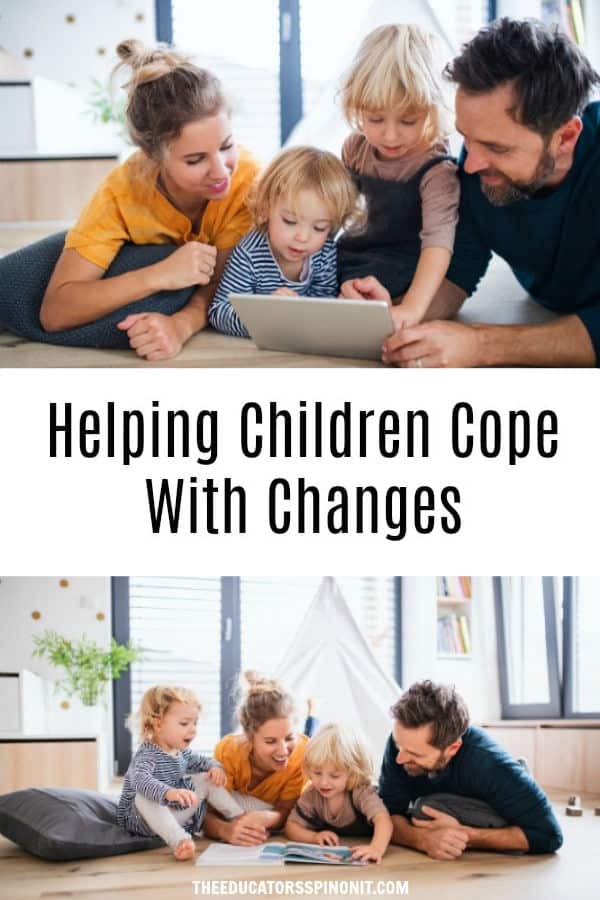
Many of us are, on top of all of this, feeling productivity pressure. Others feel this may perhaps be the ultimate pause and reset button.
My husband and I have had very deep discussions recently late at night as we all try to comprehend all this happening around us. I’m sure you’re having these talks with your spouse and perhaps parents and close friends too. I’ll admit it, living in self-isolation can feel utterly exhausting.
Not until I read this article did it put my feelings into perspective for me, that discomfort you’re feeling is grief. We’ve never felt like this on a scale of this magnitude before. Sadly, our kids will begin to sense these feelings from us soon, if they have not already.
This global lockdown has the potential to be a mental health crisis in the making, if we don’t carefully put into place a well planned, safe, loving environment for our children, ourselves and honestly for our communities immediately.
I’ve put together some helpful tips for helping children cope with changes. They are basic and simple and I know we can all work together to get your child and you through this.
8 Tips for Helping Children Cope with Changes
Let’s start out, just like on every flight you’ve taken, put your air mask on first parents and then here’s how we put on our child’s to help them cope with all of the changes in their world right now.
These simple tips will help you establish a safe zone for your child to cope.
Stay in a routine
Children are used to having a routine during the school week. Try to stick with a daily schedule, but don’t be too hard on yourself if life intervenes.
Even when children are not going to school, they still need a regular bedtime. Simple things like changing into a clean set of clothes help
give the day more purpose.
- Daily Preschool Schedule Samples
- How to Work at Home with Kids during Covid-19
- How to do School at Home during Coronavirus Lockdown
- Elementary School Daily Planner

Read books aloud to your children
Even older children, who read well independently, enjoy it when someone reads aloud to them.
Reading also provides a healthy distraction from worrisome events.
Get some exercise and spend time outside
Whether you use an exercise video or go for a bike ride, exercise and spending time outside reduce anxiety and improve focus and mood.
- Tips for Staying Active at Home with Kids
- Outdoor Fun for Kids
- Ball Games for Kids
- Sidewalk Chalk Activities
- Cosmic Yoga For Kids

Spend time together as a family
Play a board game. Learn the lyrics to a song and sing together. Dance. Build with Legos. Look at family photos. Bake a cake.
Set aside a period of time to put away your phone and give your children your undivided attention. Even short periods of 15 minutes without electronic devices help to make the experience more meaningful.
- Go on Virtual Field Trip Together
- Screen Free Activities for Kids
- Cooking with Kids recipes
- LEGO Story Retelling
- 100 Fun and Easy Learning Games for Kids
- Tips for Making Music Everyday
- 50 STEM Activities for Families
Assign your children some chores
Assign smaller jobs (setting and clearing the table) to small kids and bigger jobs (cleaning the bathroom, washing the dishes) to big kids. Doing chores makes children feel like they are contributing to the well-being of the family.
Teach children everyday actions to reduce the spread of germs.
- 6 Tips for Teaching Kids to Clean Up
- Gratitude Project for Kids Using Household Chores
- Handing Washing Tips and Activities
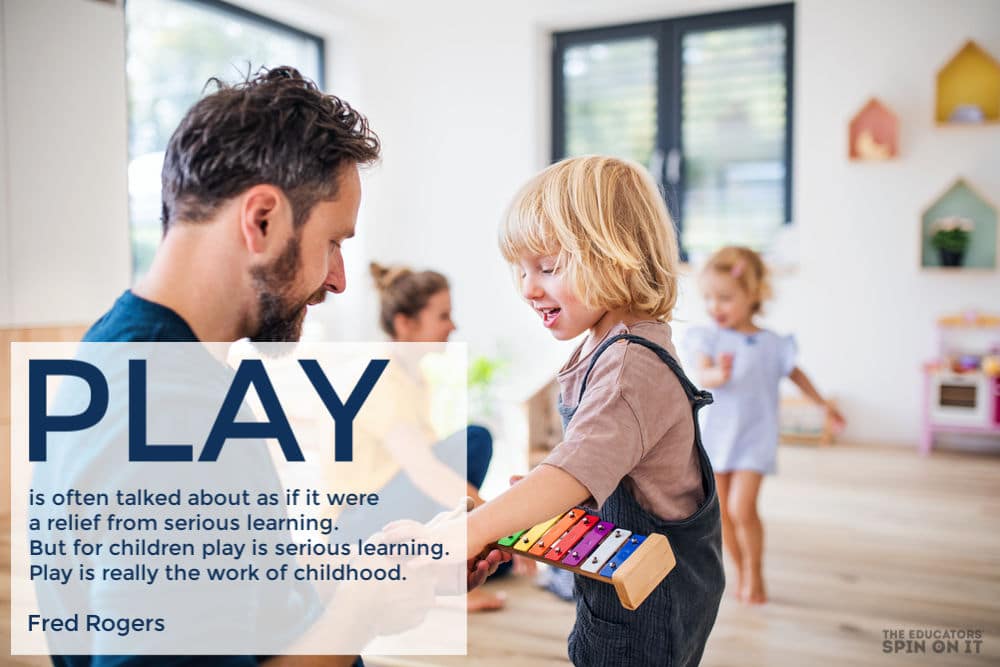
Make time to PLAY
Play is essential to your child’s development, especially during these times. It contributes to the cognitive, physical, social, and emotional well-being of your child.
There are various types of play for kids to explore to build their healthy social and emotional development.
- Independent Play
- Physical Play
- Sensory Play
- Imaginative Play
- Expressive Play
- Constructive Play
- Cooperative Play
- Symbolic Play
Be kind to each other and yourself
Talk to your children about how they are feeling. If they are hovering around while you are doing something like cooking or cleaning or doing work, it may be their way of letting you know that they want to talk. It is normal for your child, and you, to feel more irritable and anxious right now.
It’s also normal for them to need more reassurance and affection. If your child has questions, answer factually, but try to keep the focus on all the things that are being done to keep people healthy.
Most importantly make yourself available to listen and to talk.
Here are some more tips for Talking with children about Coronavirus from the CDC.
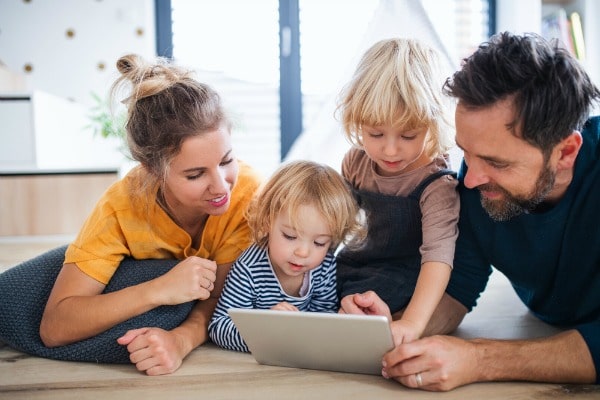
Connect with others virtually
Make an effort to call or video chat with loved ones to see how they are doing. You’d be surprised how long cousins can talk during times like this and how close they quickly become.
Reach out to parents of your child’s classmates or friends. You may be able to set up a virtual playdate or chat with friends, depending on your child’s age.
Some children might appreciate writing to and hearing back from their teacher. Thinking of others’ feelings throughout this time can be a helpful way to feel connected.
There are a few trends happening for neighborhoods to connect and help feel empowered.
- Rainbow Scavenger Hunt
- Sidewalk Chalk for #chalkthewalk
- Happy Hearts Hunt
- Say Cheese for Charity
- Teddy Bear Hunt Project
- Virtual Egg Hunt with Printables
Is your community participating in one of these?
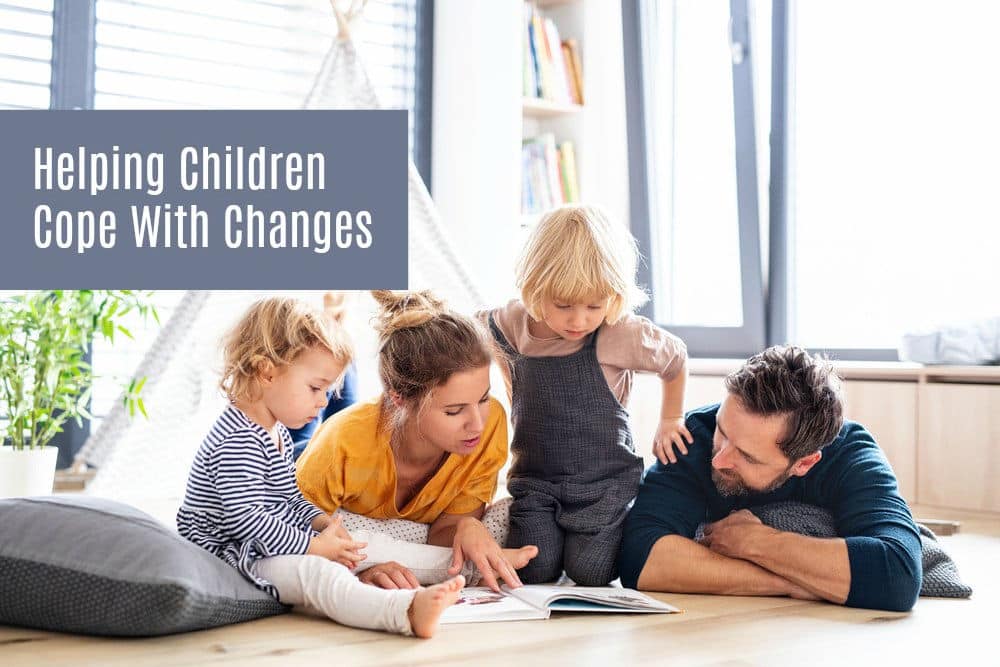
Supporting children during times of routine change
Keep this list handy of ways to help your children cope with these changes.
- Stay in a routine.
- Read books aloud to your children.
- Get some exercise and spend time outside.
- Spend time together as a family.
- Assign your children some chores.
- Be kind to each other and yourself.
- Make time for PLAY!
- Connect with others virtually.
What tips do you want to share that are helping your child cope with changes during this time? Share in the comments below!

Quote Written by Haroon Rashid
Perhaps the silver lining in all of this is that as people stay home, Earth turns wilder and cleaner.
Take a moment to read Prepare for the Ultimate Gaslighting. The author, Julio share his thought that “This is our chance to define a new version of normal, a rare and truly sacred (yes, sacred) opportunity to get rid of the *#% and to only bring back what works for us, what makes our lives richer, what makes our kids happier, what makes us truly proud.”
For more resources: Visit Talking with Children About Covid-19 from the National Association of Psychologist and National Association of School Nurses.
Explore the Covid-19 Resources provide by Dr. Becky Bailey who provides Trauma-Informed, Evidence-Based Social Emotional Learning at Conscious Discipline.
My 2020 COVID-19 Time Capsule Printable by Natalie at Long Creations
Do you have a teen? Here’s are some tips for helping teens cope with missed milestones.
If your child needs more support contact a licensed mental health counselor.
eric meyer
If you’re having trouble focusing on work, or anything else, it’s not that you’re terrible at working from home or bad at your job. It’s that you’re doing this in a set of circumstances completely unprecedented in our lifetimes
Working Remotely? Read these tips for working from home with kids.
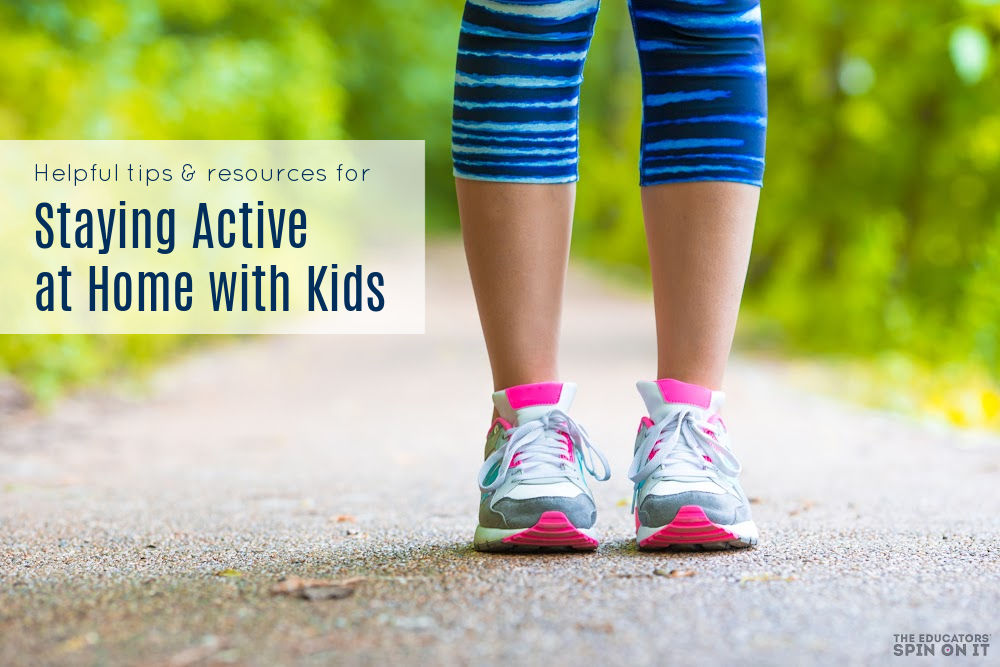
Need to get the kids moving? Read these tips for staying active at home with kids during the coronavirus pandemic.
Additional Resources for Parents
- How to Work at Home with Kids
- Tips for Balancing Work and School at Home
- Helpful Tips for Staying Active at Home with Kids
- Survival Guide for Single Parents
- How to Talk to Kids About Tragic Events
- Elementary School Daily Planner
- Daily Preschool Schedule Samples
- Homeschool Resources on Pinterest
- Blogging Moms You Need to Know
- The Ultimate List of Sidewalk Chalk Activities
- 5 Ways to Make Learning Fun at Home
- 6 Ball Games Your Kids will Love
- 10 Ways to Tempt Your Kids to Get Outdoors
- 30+ Virtual Field Trips for Kids
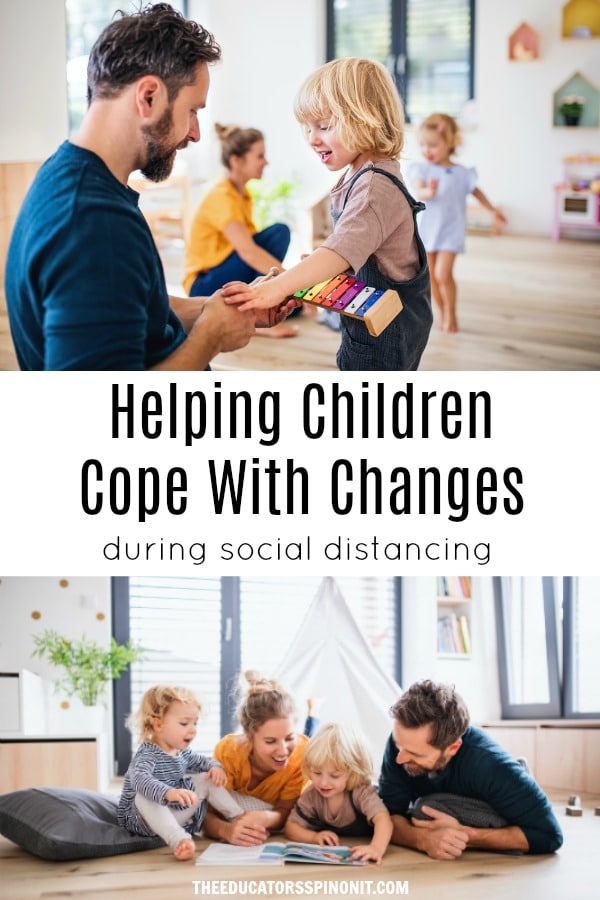

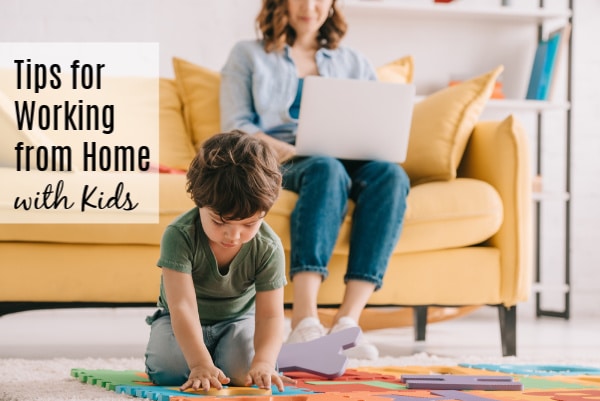
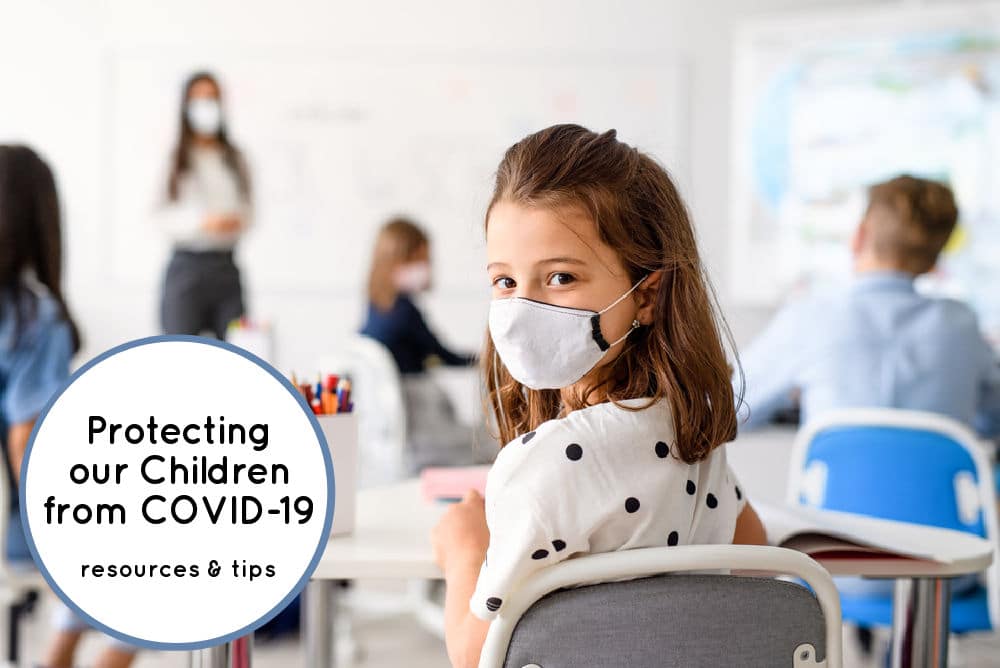
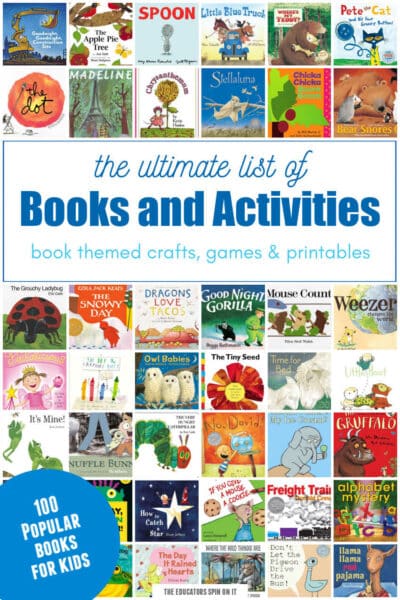
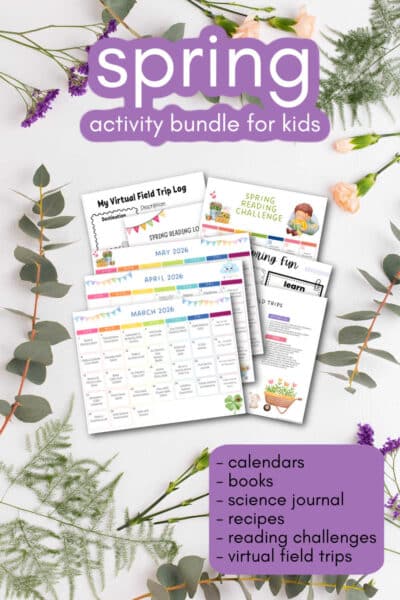

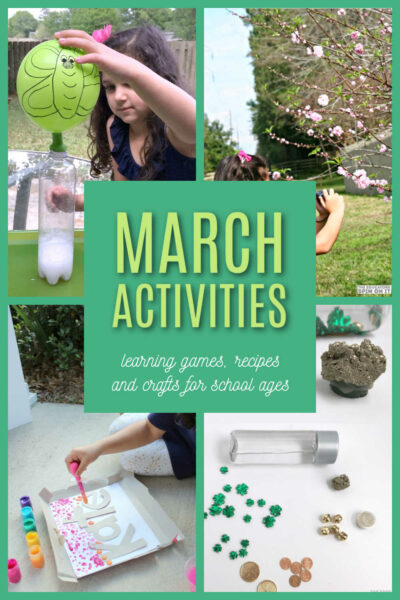


The hardest thing for me was to explain to my kids why they can’t see their friends for a while and why we didn’t go to Grandparents on Easter. They can sit at home and not go to parks for example, but they miss their friends and their usual games very much. I try to make it up to them with my attention, but sometimes they do get cranky. I guess there is nothing I can do with it.